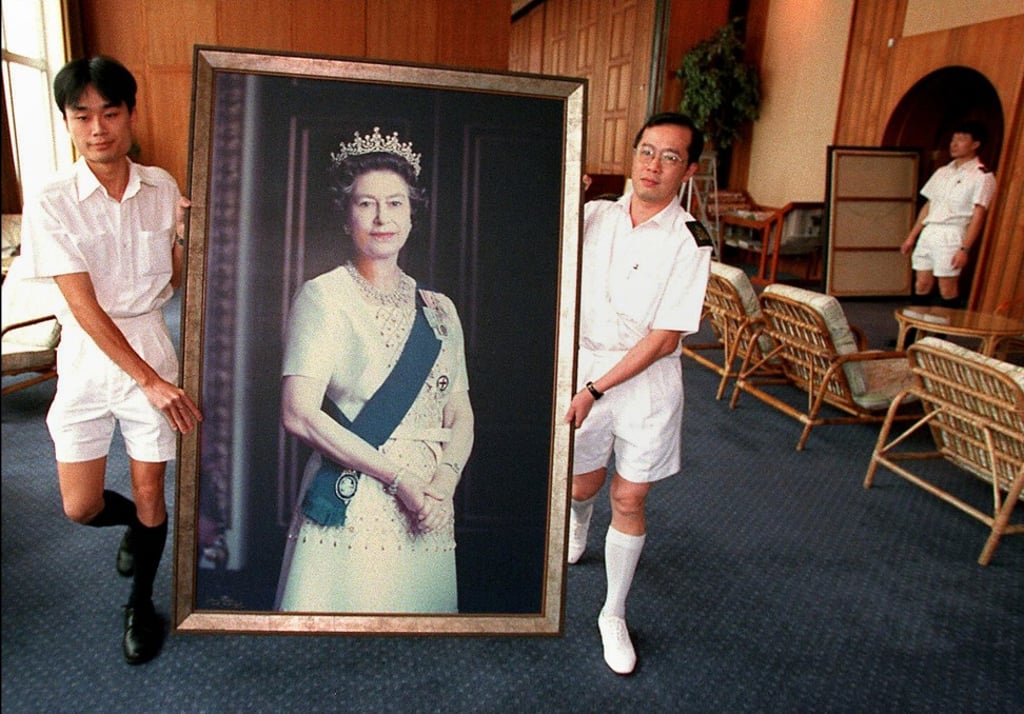Hong Kong, as part of China, must keep its eyes on the future, not the past
Edward Tse says though Hong Kong did not adapt well to the global rise of China and the game-changing tech revolution, there are now opportunities for it catch up – through the Greater Bay Area development and the belt and road plan


At the core of the handover is the “one country, two systems” principle. People who support this idea say it is a masterful invention by Deng Xiaoping ( 鄧小平 ) and an ingenious way to resolve Hong Kong’s handover issues.
I believe China had no other choice. As a British colony, Hong Kong’s political and social systems mimicked those of Britain. Suddenly stripping away the social and political institutions Hong Kong people grew up with and forcing them to assimilate into a very different mainland system would have created major chaos. In trying to find a fair solution to the integration process, Deng took the risks and proceeded with “crossing the river by feeling the stones”.
The ambiguity surrounding the “one country, two systems” concept has resulted in different interpretations, leading to major disagreements among the different stakeholders – and not just in politics. These disagreements have become the root cause of the stalemate on various issues that have plagued Hong Kong society.
Many did not have a clue about what it takes to be competitive in the mainland market
Hong Kong grew rapidly in the 1970s and 1980s because it was the only window into a closed-off China for the rest of the world. Hongkongers’ entrepreneurial spirit propelled the territory forward in a big way. And, when China began to open up, Hongkongers were the first batch investing in the mainland.

